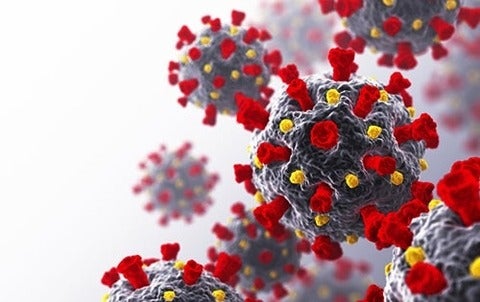Lila Kari and her colleagues use machine learning-based analysis to quickly classify novel pathogens such as the COVID-19 virus
A multidisciplinary team of researchers at Waterloo’s Cheriton School of Computer Science and Western University has developed a computational method that within minutes can identify and classify viruses such as SARS-CoV-2, the respiratory pathogen responsible for the COVID-19 pandemic.

